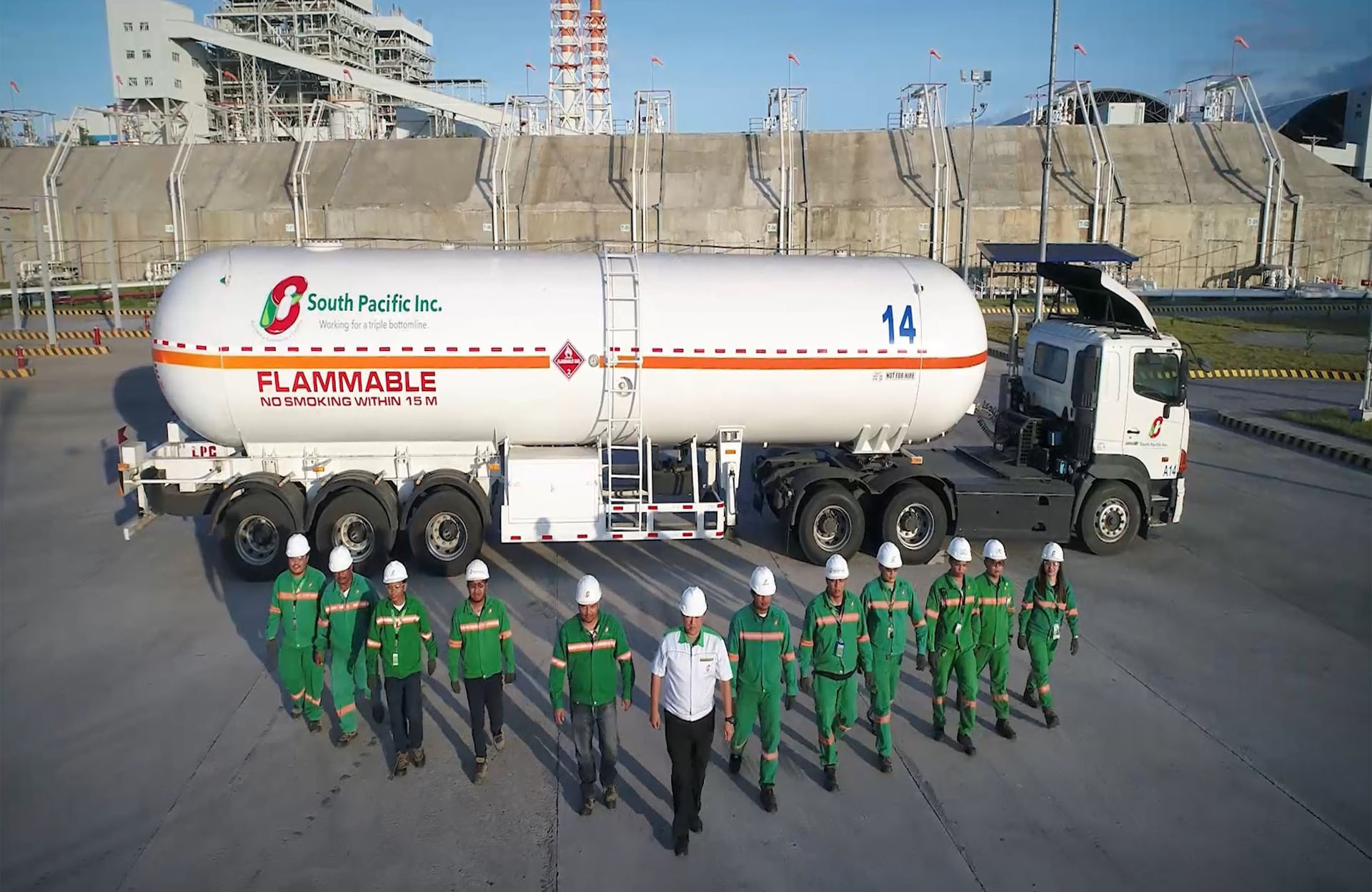In times of crisis, challenges are constantly emerging. The COVID-19 outbreak creates fear among employees and stakeholders. Its unpredictability makes it hard for executives to respond.
Recognizing the turmoil that the epidemic has caused is one of the steps organizations must take into consideration. Once identified, charting for a response for the present and possible future scenarios should be projected. While it may be hard, leaders should always look for the opportunity emerging crisis provide.
CREATING A NETWORK OF TEAM
In a typical scenario, executives have a predetermined set of responses. However, when faced with unpredictable situations, delegating a team that will be tasked to handle the current state is recommended.
These teams are expected to function as quickly and efficiently as possible, while having the mindset of going forward instead of dwelling into the “what could have been done before” attitude.
ELEVATING LEADERS
Elevating and delegating leaders from the organization’s usual command-and-control hierarchy may be one of the best responses executives should take into consideration. While it is highly-recommended that they find someone with a reputable service in the industry, it is still more important to delegate persons who have the capacity to quickly learn from the situation and mistakes without overreacting.
The state of the organization lies in their hands as they will be expected to come up with a thoroughly planned set of actions in the soonest possible time. Aside from this, these leaders are also expected to be bound by the same set of values which will be an organization’s driving force.
LEADING WITH VALUES
In times of great crisis, organizations should never forget their values. Though businesses are facing great peril when it comes to their sales and profits, looking out for the people who make the job done is the most important yet delicate part. Times like this require leaders to step up and make extra effort to boost employee morale, positivity, camaraderie, and humility. While it may be more difficult than the usual days, leaders are expected to protect and nurture their greatest assets whilst also coming up with a plan to bounce back from the outbreak.
CLEAR COMMUNICATION
Transparency in times of crisis plays a crucial role. The ability to clearly communicate across the board is one of the challenges most organizations fail to perform. Clear communication makes it easier to identify pain points and possible areas of improvement in terms of responding to crisis management situations.
Providing updates from time to time – accurately and as intended – is also an essential part of clear communication and keeps everyone in the loop on the progress and actions implemented. Be clear what you know, what you do not know, what are the things that you are planning to do, and what will be the backup plan should the first line of defence fail.
STAYING FLEXIBLE AND RESPONSIVE
Decision making is vital among organizations. Responding during times of great crisis may seem like a big deal. Organizations should face the consequences of whatever action they choose to take while leaders are put on a make-or-break situation. While these may seem like a daunting task, it is imperative for these implementers to remain resilient and adaptable. Keeping in mind that whatever the resolution they arrived at, it should be weighed accordingly for the greater good.
Meanwhile, having the ability to shift perspective from one point to another in times of disorientation is a quality organizations should learn to practice. It promotes critical thinking and helps weigh both sides of the coin. This also provides an avenue to help decision maker’s gauge and find the best practice to apply for a more effective plan implementation.
These are trying times. Though we are bound by uncertainty, it is vital that we remain resilient and consistent. Our visions are our greatest weapon. What most do not understand is that we can still rise from the challenges that are thrown against us.

